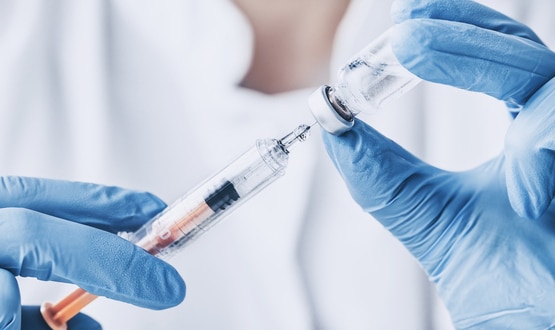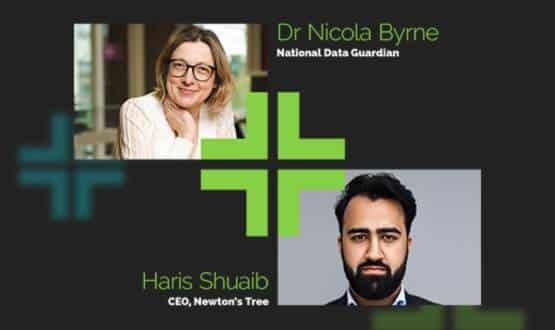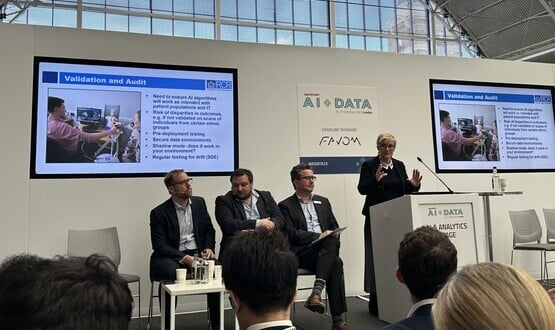Genomic data project wins cash
- 15 May 2014

An attempt to establish a 'gold standard' benchmark for genomic data so it can be used by clinicians is among the projects to win funding from a Genomics England-led competition.
Health and biomedical informatics company Aridhia is one of eight companies that will share £1.6m of funding from the first phase of the competition to help move genomic medicine into the NHS.
The competition is linked to Genomics England’s 100k Genome Project to sequence the genomes of up to 100,000 patients and link these with their electronic patient records to create anonymised data sets.
Aridhia chief executive David Sibbald said the company’s work will focus on how to standardise and industrialise genomic data analytics on a range of different diseases, providing clinicians with “plug and play” access to a patient’s genetic material and its significance.
Sibbald said the bioinformatics pipelines currently used for genome sequencing of diseases are spread across a range of universities and research institutions rather than in a medical setting, each focussing on different diseases like ovarian cancer or pancreatic cancer.
“There’s lots of different groups and organisations in the world busy building these pipelines, getting more and more specialised, and that has value, but we need a more robust pipeline.
“What we’re trying to see is how you get these multiple pipelines coming from lots of different places to plug in and out, and get a consistent and measurable set of outcomes for it.”
The main benefit of standardising the bioinformatics pipelines will be establishing a “gold standard” analytical benchmark for the genomic data gathered which will help clinicians to use it effectively and trust its accuracy, he said.
“If you’re a clinician or an oncologist in a hospital… you want to know that when you run a [genomic] analysis and get a report you can act with confidence, the same as with a blood test.”
Sibbald said the ultimate goal of the work is to use genomic data with other clinical data such as prescription history and lab results to deliver a personalised treatment plan based on the genome sequencing results.
“Instead of saying, here’s your treatment for ovarian cancer, we’ll say here’s your treatment for something called ovarian cancer, making it as specific as we can to how the disease is represented in the individual patient. At the moment, a lot of it is pretty broad brush.”
Sibbald said Aridhia is already working on a range of other genomic medicine projects, and the prize will give them an “extra little boost” for their work.
The company hopes to complete the initial work, being carried out at the Stratified Medicine Scotland Innovation Centre, by October.
Sibbald said he expects a decision on the second phase of the competition, where a further £8m will be made available to those who demonstrate the success of their work, to be made by late 2014 or early 2015.




